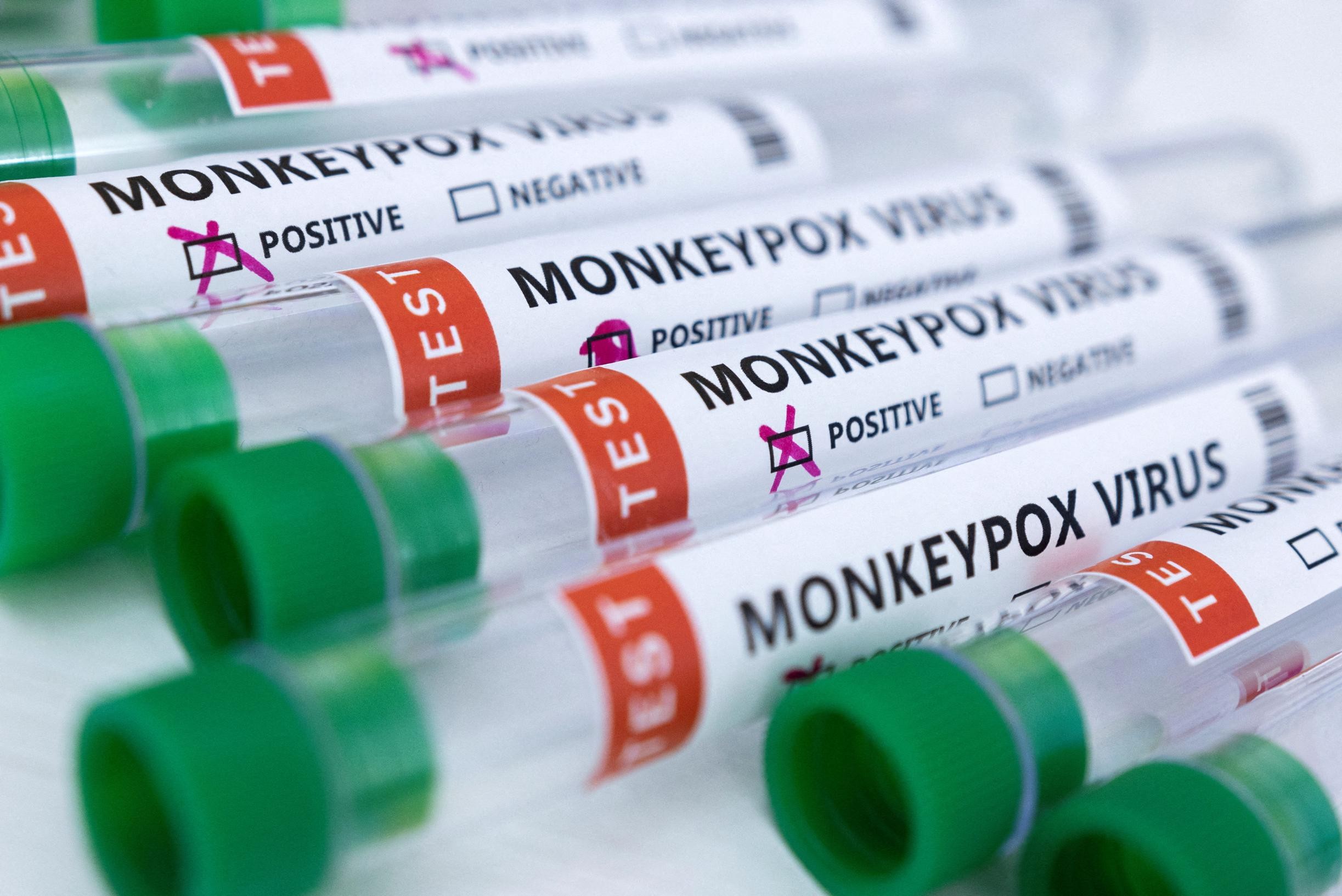© REUTERS
–
Research into monkey pox cases shows that the outbreak in Europe had been going on at least since mid-April. That says Belgian doctor Hans Kluge, regional director of Europe for the World Health Organization (WHO), in a statement on Tuesday. The lifting of corona measures on travel and events has contributed to the spread. The summer, with its parties, festivals and major events, therefore entails risks.
–
Bron: BELGIAN
Today at 19:02–
The reported cases show that monkeypox is currently transmitted “through social networks linked by sexual activity, mainly involving men who have sex with men,” it said. “Many – but not all – report having volatile or multiple sexual partners, sometimes in connection with major events or parties,” clarifies Kluge.
Still, Kluge emphasizes, we must remember that monkeypox is caused by a virus that does not discriminate between humans and thus is “not intrinsically associated with any specific group of people.” The gay and bisexual communities are well aware of their sexual health and are quickly turning to health care, he underlines.
It’s not clear whether the spread of the monkeypox virus can be completely contained, Kluge says. “Although one vaccine (MVA-BN) and one specific treatment (tecovirimat) for monkeypox have been approved in 2019 and 2022, respectively, the countermeasures are not yet widely available,” he explains. Therefore, human-to-human transmission must be stopped as much as possible.
ALSO READ. Tenth case of monkey pox identified in Belgium, also two probable cases
That goal can be achieved by informing the population about how to lower their risk of exposure, for example by reducing their sexual partners. It is important that young people, regardless of gender and sexual orientation, know what to do if they believe they have been exposed to the virus or are showing symptoms.
Patients infected with the monkeypox virus, in turn, should be informed about their isolation. Their contacts must be traced. Healthcare facilities must be able to quickly identify and investigate cases. And those who organize major events must provide their participants with accurate and practical information.
In this way, not only can the spread of the monkeypox virus be stopped, but at the same time incorrect information, which is already circulating on social media, can be nipped in the bud, Kluge believes. In his view, it can also ensure that no one is stigmatized, because that could damage the collective reaction.
—


